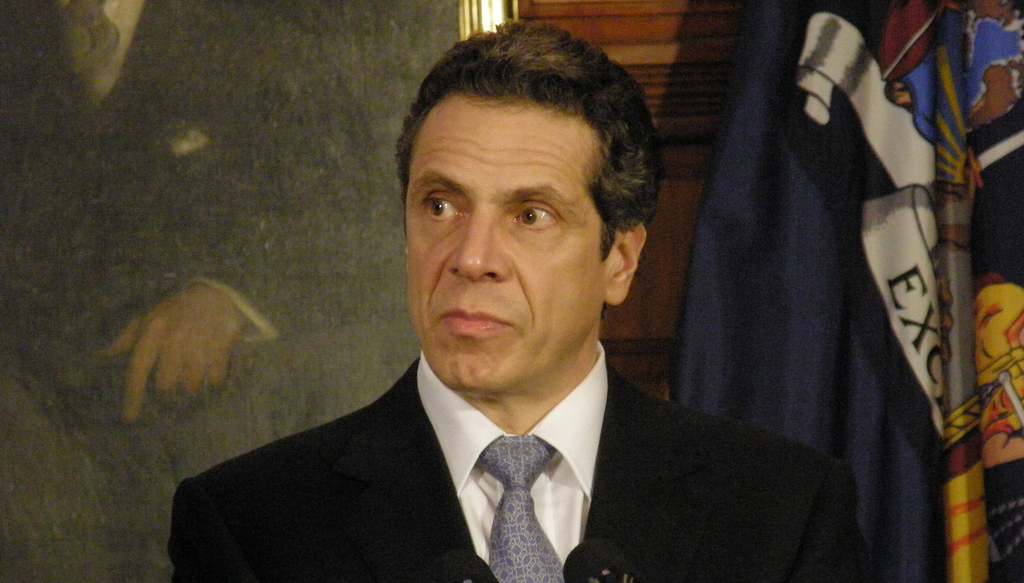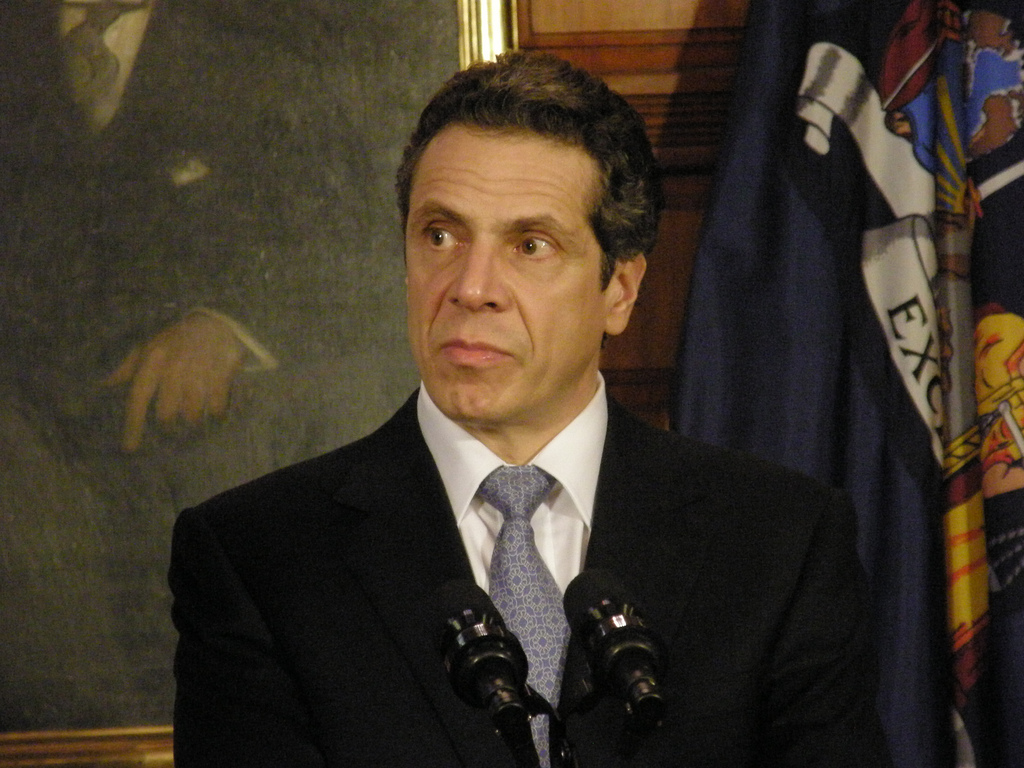

While Gov. Andrew Cuomo praised legislative leaders for passing the state’s budget plan nearly a day early last Thursday, college administrators like those at New Paltz will continue to wonder how another multimillion dollar reduction will affect the SUNY system.
For the first time in five years, the New York State Legislature approved the state’s new spending plan on time. The $132.5 billion budget imposes no new taxes but introduces several reductions, including a 10 percent funding cut to the SUNY system.
According to SUNY New Paltz Interim President Donald Christian, the budget does include an $86 million restoration to higher education, including partial restorations for the SUNY hospitals and the SUNY and CUNY community colleges. However, he said this $86 million does not cover any fiscal restoration for SUNY state-operated campuses like New Paltz.
Christian and Vice President of Finance and Administration Jackie DiStefano said earlier in the semester that they estimated planning for an additional $3.1 million in reductions for the campus’s budget if the cuts to SUNY were finalized. This projection would be added to a $3.2 million shortfall identified by administrators last December, which Christian said was caused by reduced state taxpayer support and other factors.
The final state budget will provide no basis for a change in direction in the school’s current budget-reduction planning, Christian said.
“We see little choice but to plan for the worst-case scenario,” he said. “Everything that we’re doing fits the framework of general ideas that we had talked about in the fall.”
Administrators have identified that in order to economize, they must currently consider instituting a hiring freeze, reductions in utility allocations, consolidating academic units and support services, increasing teaching loads for regular faculty, and increasing class and section sizes. The deans have also been asked to consider a 50 percent reduction in the part-time instruction budget in each academic unit, according to several e-mails obtained by The New Paltz Oracle this semester.
Judy Dorney, a professor of educational studies, said she heard that campus administrators may be approaching the process of having to economize as an opportunity to “streamline,” an idea that she said she was offended by.
“I think that is just outrageous and insulting thinking,” she said. “If that is the way they are looking at it, then it’s clear that what we hear on April 22 is not going to be anything that we are going to be happy with.”
April 22 is the date defined by the official New Paltz budget planning process timeline in which those affected by financial planning decisions being made on the campus level are set to be notified about the budget. But according to Christian, the timeline is “approximate” rather than exact.
The timeline indicates that a budget proposal was to have been developed by the cabinet on March 15. However, Christian said on March 14 that the proposal was still “very much in development” and ideas were still being examined.
“We have and are using latitude in the schedule,” Christian said. “There are varying degrees of solidity in the plan as its coming together.”
Richard Kelder, the New Paltz chapter president of the United University Professions union, said he was informed on Friday that the April 22 deadline may not be achieved, and he said he doesn’t entirely know how much this would affect the campus.
Although Kelder said union leaders would remain near campus to react to the announcement of the plan, he said he does not know how it’s impact will be felt by others if they are already away for the summer.
“If it is pushed back later into May, that is a time when students are gone, faculty are gone and summer sessions are coming in,” he said. “There won’t be many people here to react to that.”
Chief of Staff Shelly Wright said administrators will continue to work to develop a budget plan that reflects the core mission of the institution so that decisions can be conveyed to the campus community before the summer begins. The budget plan would go into effect on July 1.
Christian said work is being done to sustain an array of educational opportunities for students, who he said can continue to follow the budget planning process on budget.newpaltz.edu. Union leaders and other faculty have encouraged the student body to do their own research and reach out to local legislators to voice their opinions about statewide cuts to educational programs.
Glenn McNitt, professor of political science, said the community should devote more efforts to resist what’s going on at the campus and state levels by making themselves heard by the governor and Legislature.
“Education is the second most important thing we’ve got,” he said “The first most important thing is the right to vote.”
